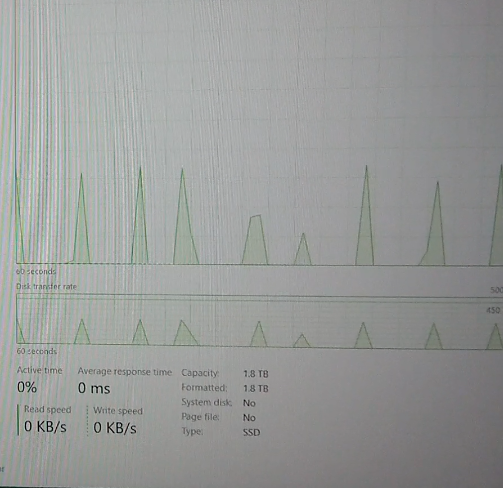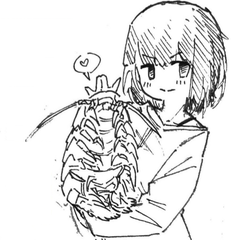My new Crucial p2 2tb nvme ssd cause stutters in games
On 8/6/2022 at 7:29 PM, Sozi Salad said:Hi y'all, i recently bought crucial P2, 2tb nvme... I ran crystal disk benchmark and got around 2gbs read and write speeds as advertised , and crystal disk info said my nvme's health is good, but after installing games on it I've noticed my games stutter now, like really annoying lags and hitching time to time (not in some games) well i know it's a QLC drive and dramless but everyone said it doesn't matter for gaming i never thought it could be this bad, my freaking 5200 rpm hdd didn't stutter at all, I've never experienced storage related stutters, well I've updated my bios and my ssd firmware using crucial utility , but stuttering still remains, even emulating ps2 ganes stutters every 5 seconds , like it's just embarrassing, I'm really devastated and don't know what to do, I'm dealing with this for a month now and i regret buying it (games with stutters so far are rdr2, factorio, csgo, mk11, pcsx2, etc)
PS : I've installed the nvme myself to my lenovo legion 5 laptop (2060 and i7 10th gen) and you can see my ssd graph during stuttering in game
To anyone who is reading this in the future from Google, I've finally found the solution after a month ! This problem was really obscure and i couldn't find any solution anywhere!
So first you need to unistall micron driver from storage controller in device manager
And let the generic windows driver control it.
So at this point if you have balanced power plan enabled the stuttering should be lessened considerably, if you switch to high performance (my preferred power plan) the stuttering will return, so now you should open registry and go here HKEY_LOCAL_MACHINE\SYSTEM\CurrentControlSet\Control\Power\PowerSettings\0012ee47-9041-4b5d-9b77-535fba8b1442\d639518a-e56d-4345-8af2-b9f32fb26109
All of the sub-folders here have an Attributes REG-DWORD in them (blue icon) , you need to change the values of all of them to 2 (most of them are 1) now you should go to your power plan settings and and your specific power plan andvanced settings, then you can see some hidden options have been appeared, so you need to go to "Primary Transition Latency Tolerance" and change the value from 0 to 15 (plugged in)
That's it! The stuttering is gone by only changing the value from 0 to 15! And btw you can mess around with other settings if you still get stutters with crucial p2. I did stupid amount of works for solving this issue, and yet the solution was this simple, i guess it made me more knowledgeable and wasn't a complete waste of time....









-2.thumb.jpg.bef7b20f2cd2e9f52d4edbbe5c26d90c.jpg)










Create an account or sign in to comment
You need to be a member in order to leave a comment
Create an account
Sign up for a new account in our community. It's easy!
Register a new accountSign in
Already have an account? Sign in here.
Sign In Now